We're witnessing the barbaric face of a global (dis)order
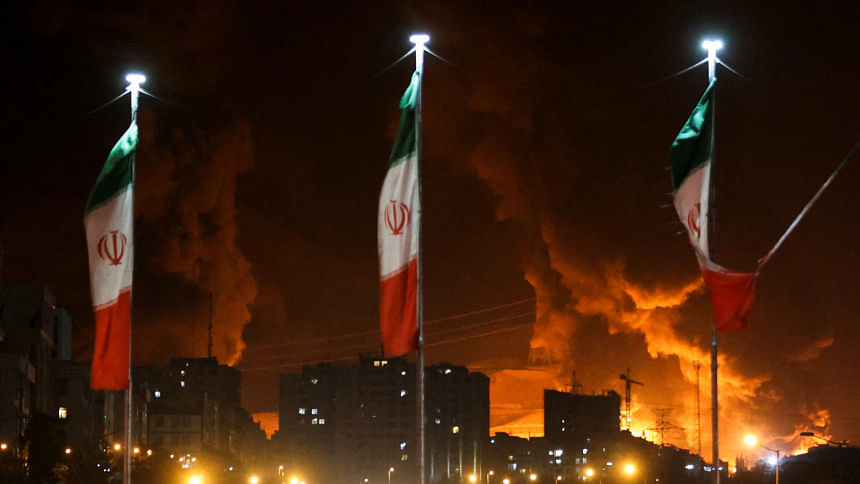
Although Israel attacked Iran last week, a sense of trepidation about the possibility of that happening had gripped the public psyche for a long time. Yet, when it happened, there was this disbelief: surely Israel wouldn't go that far, or be that reckless or horrific?
And of course, people thought about the US, Israel's main supporter and greatest source of power. Donald Trump's return to the Oval Office brought with it a deep fear of instability—economic and political—around the world, fuelled by the chaos he created through sudden tariffs and the relentless attacks on immigrants. That the same administration would be willing to support Israel, no matter how extreme a step the latter took, should not come as a surprise.
But what would be the consequences of such an act? The US has think tanks, military strategists, and institutions that surely understand the implications. That's why people had hoped that the US would exercise some restraint, and would not give its unconditional blessings to Israel. But the dread was always there. Particularly after Benjamin Netanyahu's return to power in Israel—a man accused of corruption, who by all means should be in prison—there were concerns. His personal motive to avoid jail by whipping up nationalist crises, to stir up conflict and distract the public, became evident.
But it's not just about Netanyahu's personal ambition. There is a right-wing government behind him—military forces, think tanks, ideological and strategic backers, both inside and outside Israel. His actions reflect their collective agenda. Netanyahu has consistently created unrest. The ongoing genocide in Gaza has claimed nearly 60,000 lives, most of them women and children. It's relentless. Even hospitals aren't spared. Children running for food are bombed by Israel in Gaza. It's a horrifying reality that no sane person can stay unaffected after learning about.
It was the responsibility of the US, as the leader of the so-called global order, and its ally, the European Union, to stop this, but they completely failed to do that. Not only did they fail, but they ended up offering full support to this reckless, monstrous aggression. They justified it. Their media repeated the justifications. They sent weapons using which Israel is carrying out its genocidal campaign in Gaza.
This is the situation Israel has created—by launching one attack after another. Palestine is next door. Lebanon is nearby. The whole region has been destabilised. To build support for its actions, Israel and its allies have played destructive roles in Iraq, Libya, and Syria. Islamist groups, some of whom are known to act as proxies for the Israeli-US agenda, have contributed to this chaos.
Then came the attack on Iran. This shows the nature of the current global (dis)order and those running it.
And we see the international institutions—the United Nations, global human rights groups and conventions, and the International Court of Justice—being completely ineffective in stopping this madness. They remain in their posts with zero accountability. They should be ashamed. If not resign in disgrace, they should at least acknowledge their failure.
When Israel attacked Iran, many of these institutions still tried to defend it. In recent European meetings, reports show that Israel's oppression in Palestine continues to be termed as an act of "self-defence." The same rhetoric is now being used to justify the attack on Iran.
We were told that Iran is building nuclear weapons. The US has the largest stockpile of nuclear weapons in the world, yet it dictates who can or cannot have them. India and Pakistan have nuclear weapons, yet its trade with them continues. Israel itself has its own nuclear programme, which is not being monitored by international bodies. But Israel demands that Iran have no nuclear power.
The truth is, no country should have nuclear weapons. Not the US, not Russia, not India, not Pakistan, not Israel, not Iran. These weapons should be eliminated from the face of the earth. Instead, the world remains caught up in a full-blown arms race.
It is facing an increasing threat of climate change. Most of the global population lack access to food, water, shelter, jobs, yet more money is spent on weapons than anything else. It's a race to develop the deadliest technology—to kill more people more efficiently. That's the current face of global capitalism.
Meanwhile, as Israel continues its genocidal campaign against the Palestinians, the silence of the Arab world remains deafening. Saudi Arabia, during a recent visit by US President Donald Trump, signed the largest-ever arms deal, worth $142 billion. They have given Israel indirect support. Qatar, too, welcomed deals and summits.
If the Arab world had stood united, raising a common voice against Israel and its chief patroniser, it could have shifted the course of events. But the Arab world chose silence. Worse, many aligned themselves with the perpetrators. This silence and complicity are part of what empowers Israel.
The US is Israel's main source of strength. But so too is the EU, which has never taken an independent stance. The EU drags on the war in Ukraine, failing to stop it, echoing the US policy at every turn.
Another source of Israel's strength lies in how sectarian divisions are exploited. Because Iran is a Shia-majority country, some groups—religious leaders even in Bangladesh—now argue that Iran is just as much an enemy as Israel. This is dangerously absurd and irrelevant. Iran has citizens of many faiths, including Sunnis. But that's not the point. The point is that Iran is being subjected to an unjustifiable assault, and nuclear accusations are being used to justify sanctions and aggression that are not applied to other countries with nuclear weapons.
This hypocrisy—where the guilty accuse others—is driving the world towards catastrophe. If this trajectory continues, the consequences could be beyond imagination.
This militarised global capitalism requires war. It survives on it. Even if war pauses due to global outrage, it resumes either in a different form, in a different region, or more intensely than before. And its impact falls on all of us.
It weighs on the mind—wars, genocide. And then come the economic and political consequences.
In Bangladesh, we rely heavily on imports of fuels, and any disruption or rise in prices due to global conflicts immediately leads to a crisis and inflation. Remittances, one of our main economic lifelines, can also be affected. If workers lose jobs abroad and have to return, we will face rising unemployment and a deeper economic pressure.
What we're witnessing is the barbaric face of global capitalism, emerging from within the system itself—militarised, profit-driven, indifferent to human lives.
It is the duty of every individual, in Bangladesh and across the world, to speak out, to resist, to build global public opinion against this war machine. This is not about religion, ethnicity, or nationality. This is about humanity, about civilisation, about this planet. If we don't raise our voices collectively against the destruction of life, nature, and the future of our children, then we risk surrendering to a system that thrives not on creation, but on destruction.
We must respond. From Bangladesh and beyond, we must do whatever it takes.
Anu Muhammad is former professor of economics at Jahangirnagar University.
Views expressed in this article are the author's own.
Follow The Daily Star Opinion on Facebook for the latest opinions, commentaries and analyses by experts and professionals. To contribute your article or letter to The Daily Star Opinion, see our guidelines for submission.

 For all latest news, follow The Daily Star's Google News channel.
For all latest news, follow The Daily Star's Google News channel. 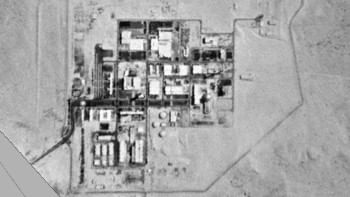
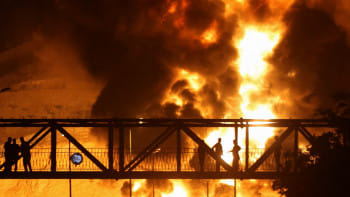
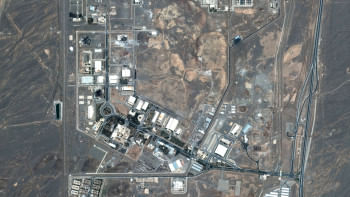
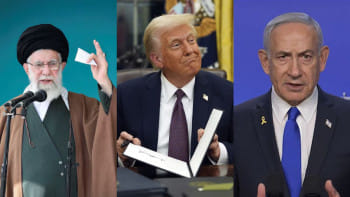



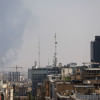






Comments